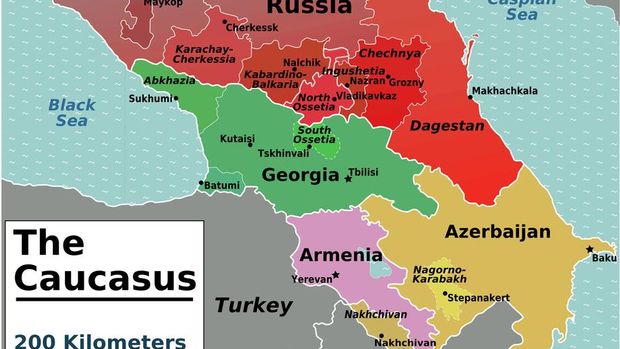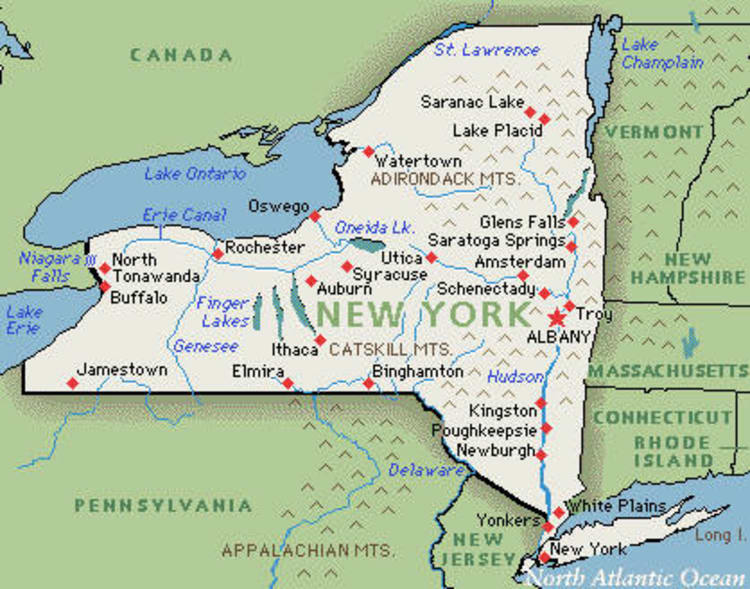 With Moscow accused of all manner of sinister shenanigans on the global stage, calls are mounting for a boycott of the World Cup, which is scheduled to be held in Russia this summer. Among the cases drawing special ire from rights groups is that of the leading human rights activist in Chechnya—now imprisoned on a "blatantly fabricated" cannabis charge.
With Moscow accused of all manner of sinister shenanigans on the global stage, calls are mounting for a boycott of the World Cup, which is scheduled to be held in Russia this summer. Among the cases drawing special ire from rights groups is that of the leading human rights activist in Chechnya—now imprisoned on a "blatantly fabricated" cannabis charge.

 The seizure by federal agents of some 100 homes around Northern California supposedly used in grow operations financed by criminal networks based in China points to ongoing dilemmas in the state's contraband cannabis economy—which persists even in the wake of legalization.
The seizure by federal agents of some 100 homes around Northern California supposedly used in grow operations financed by criminal networks based in China points to ongoing dilemmas in the state's contraband cannabis economy—which persists even in the wake of legalization. Cannabis is completely verboten n Japan—rare, expensive and very illegal. First Lady Akie Abe broke taboo by advocating a medical marijuana program from the country—but she's now embroiled in scandal, nipping the proposal in the proverbial bud. Yet more grassroots advocates have also emerged. One local historian in agricultural Tochigi Prefecture has opened a "cannabis museum," documenting millennia of use of the plant for medicine, sacrament and fiber in the archipelago.
Cannabis is completely verboten n Japan—rare, expensive and very illegal. First Lady Akie Abe broke taboo by advocating a medical marijuana program from the country—but she's now embroiled in scandal, nipping the proposal in the proverbial bud. Yet more grassroots advocates have also emerged. One local historian in agricultural Tochigi Prefecture has opened a "cannabis museum," documenting millennia of use of the plant for medicine, sacrament and fiber in the archipelago. With a bombshell homespun video statement, New York's gadfly celebrity gubernatorial hopeful Cynthia Nixon has—for the moment, at least—placed the cannabis legalization question front and center in the race. Incumbent Andrew Cuomo, feeling the pressure from Nixon's challenge, is already starting to waver from his once intransigent stance against legalization.
With a bombshell homespun video statement, New York's gadfly celebrity gubernatorial hopeful Cynthia Nixon has—for the moment, at least—placed the cannabis legalization question front and center in the race. Incumbent Andrew Cuomo, feeling the pressure from Nixon's challenge, is already starting to waver from his once intransigent stance against legalization. Authorities' denial of a permit to the longtime organizers of Denver's annual 420 rally has prompted a change of leadership and tone. Now, the new leaders that got the permit are saying it will no longer be called a "rally," and are downplaying its usual activist spirit. Have oppositional politics outlived their place in the age of legalization?
Authorities' denial of a permit to the longtime organizers of Denver's annual 420 rally has prompted a change of leadership and tone. Now, the new leaders that got the permit are saying it will no longer be called a "rally," and are downplaying its usual activist spirit. Have oppositional politics outlived their place in the age of legalization? A medical marijuana initiative has won enough signatures to make the November ballot in Utah. But the state's medical association has launched its own campaign to oppose it—and is challenging the validity of the petition drive. With the governor also opposed, the initiative will face a tough fight.
A medical marijuana initiative has won enough signatures to make the November ballot in Utah. But the state's medical association has launched its own campaign to oppose it—and is challenging the validity of the petition drive. With the governor also opposed, the initiative will face a tough fight. The horrific case of an elderly Jewish woman in Paris killed in a clear anti-Semitic attack is being painted as an incidence of "cannabis delirium." Despite all the progress since the days of Reefer Madness in the 1930s, cannabis is still blamed for violent crime by law enforcement and media alike. Such irrational ugliness has also been repeatedly seen in the cases that have inspired Black Lives Matter on our side of the Atlantic.
The horrific case of an elderly Jewish woman in Paris killed in a clear anti-Semitic attack is being painted as an incidence of "cannabis delirium." Despite all the progress since the days of Reefer Madness in the 1930s, cannabis is still blamed for violent crime by law enforcement and media alike. Such irrational ugliness has also been repeatedly seen in the cases that have inspired Black Lives Matter on our side of the Atlantic. District of Columbia activists actually passed out joints to city lawmakers in their effort to press them on a law to permit cannabis sales in the nation's capital. They've also tried to win this through ballot initiative, building on 2014's Initiative 71 that legalized possession of herb in DC. But councilmembers say their hands are tied by a Congressional stricture on any further lifting of the legal pressure on cannabis.
District of Columbia activists actually passed out joints to city lawmakers in their effort to press them on a law to permit cannabis sales in the nation's capital. They've also tried to win this through ballot initiative, building on 2014's Initiative 71 that legalized possession of herb in DC. But councilmembers say their hands are tied by a Congressional stricture on any further lifting of the legal pressure on cannabis.





Recent comments
5 days 19 hours ago
6 days 2 hours ago
3 weeks 6 days ago
4 weeks 6 days ago
8 weeks 6 days ago
12 weeks 4 days ago
16 weeks 5 days ago
17 weeks 3 days ago
27 weeks 3 days ago
31 weeks 3 days ago